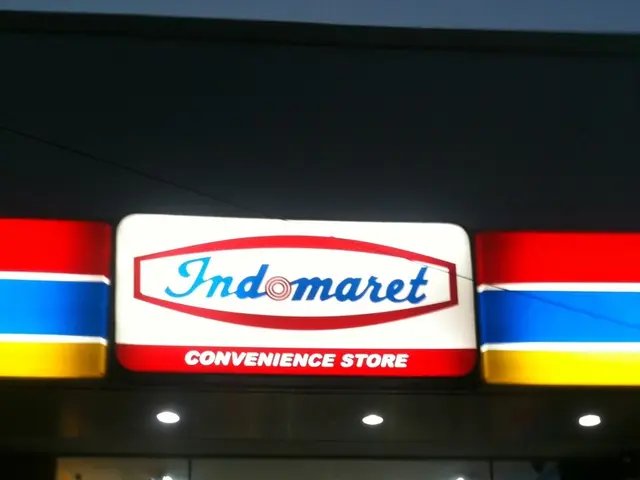Customers prefer face-to-face engagement when purchasing groceries
Grocery Shoppers Seek Autonomy and Personal Contact, According to bofrost Survey
In the continually evolving food retail industry, a harmonious blend of self-service, online shopping, and direct sales is reshaping consumer preferences. Novel developments such as autonomous stores and algorithm-driven online shopping captivate many customers, yet provoke skepticism as well. These findings are based on a recent survey conducted by Innofact on behalf of bofrost, a European leader in direct sales of frozen goods.
Approximately one-third of consumers, or 29%, express interest in autonomous store concepts, preferring to keep traditional shopping options available (36% among bofrost customers). Twenty-two percent of survey respondents have a positive view of autonomous offerings and are keen to have more experiences with them (15% among bofrost customers). Younger consumers, particularly those under 30, demonstrate a notable openness to new shopping opportunities, with 35% in this age group expressing eagerness to explore autonomous services more frequently. Nonetheless, almost 30% of respondents find these advancements intriguing but still prefer traditional shopping methods. Notably, a quarter of all consumers exhibit apprehension towards digital advancements in food retail.
Personal Consultation Gains Importance Despite Decrease
The rise of automation in grocery shopping may lead to a further reduction in personal contact; however, consumers see this aspect as increasingly crucial. Over half of respondents (54%) anticipate a significant increase in the importance of local and personal points of contact as digitalization progresses. This also rings true among younger consumers at 55%. The reasons for this are multifaceted: personal advice enables 58% of consumers to navigate the food shopping process more easily and feel more secure. For approximately 59% of respondents, personal customer contact significantly enhances the trust-building process - an aspect that is especially highlighted by bofrost customers, with 63% valuing personal advice for its orientation and security, and 70% citing it as a trust-builder.
The survey results suggest that consumers desire flexibility and autonomy on one hand, and regular, personal contact on the other. This dual demand presents a challenge for companies like bofrost in striking a balance that appeals to consumers while maintaining operational efficiency.
bofrost Embraces a Hybrid Approach
Dr. Stephen Weich, chairman of the bofrost supervisory board, considers the survey results as highlighting the significance of personal advice combined with new, complementary digitalization concepts. Weich states, "Efficiency in sales structures is necessary to accommodate time-saving, individuality, and convenience that our customers demand. Maintaining personal advice from our sales drivers is still our unique selling proposition, which our customers greatly appreciate."
Stefan Ebert, Managing Director of bofrost Germany, emphasizes the company's continuous integration of digital services alongside personal service: "We are committed to meeting the growing needs of our customers by adapting our services flexibly and individually while maintaining exceptional personal service."
Bofrost has been a renowned provider of high-quality frozen foods for over five decades. This family-owned enterprise, founded in 1966 and headquartered in Straelen on the Lower Rhine, boasts a European market presence with 254 branches across 11 countries. The company serves about 3.9 million customers, approximately 2.1 million of whom reside in Germany, appreciating the seamless frozen food supply chain and freshness guarantees. Sustainability, resource conservation, and social responsibility are integral to bofrost's mission.
Since its inception, bofrost has supported various projects for underprivileged children, donating over €16 million in Germany alone through customer and employee engagement. Since 2016, bofrost has partnered with "Stiftung RTL - Wir helfen Kindern e. V." to expand this charitable endeavor.
For more information about bofrost, its products, and services, visit www.bofrost.de.
- In the pursuit of an optimal shopping experience, consumers value a harmonious blend of traditional, personal interactions with innovative technology, as indicated by a significant number of respondents expressing a preference for both autonomous store concepts and local, personal points of contact.
- The hybrid approach, combining personal consultation with forward-looking digitalization concepts, is championed by bofrost, a company that recognizes the importance of trust-building and security in their long-standing tradition of providing high-quality frozen foods.








